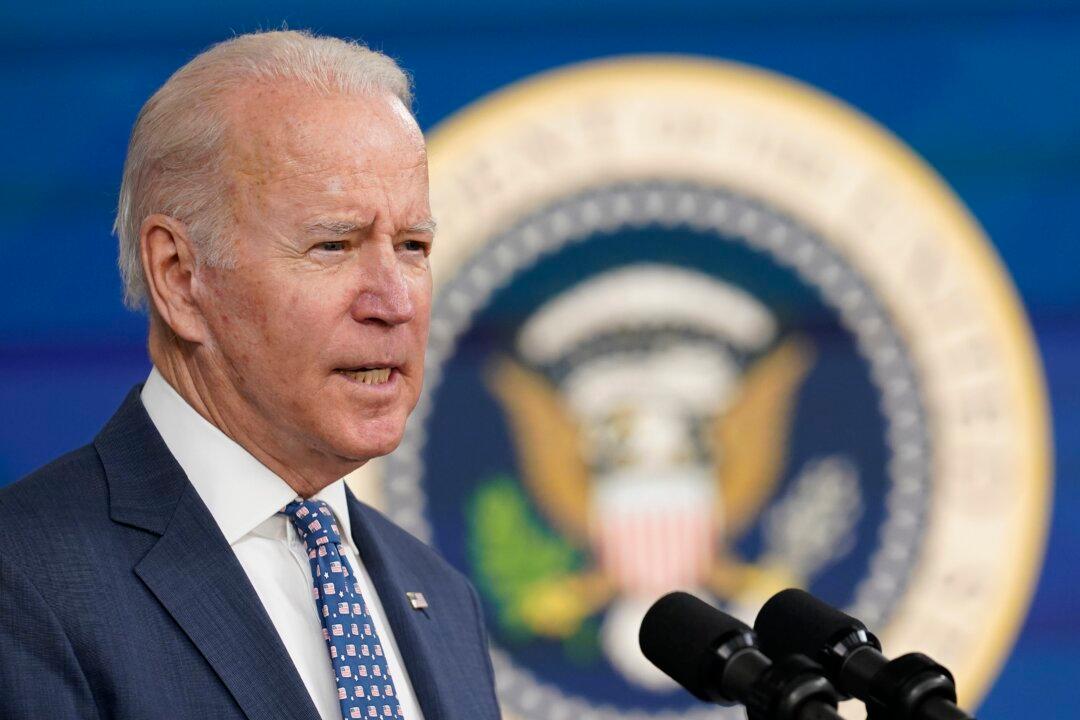The United States will restrict travel from South Africa and seven other African countries on Monday, Nov. 29, in a bid to control the spread of the new COVID-19 variant.
A proclamation from President Joe Biden said travel will be curbed from Botswana, Zimbabwe, Namibia, Lesotho, Eswatini, Mozambique, and Malawi in addition to South Africa.






